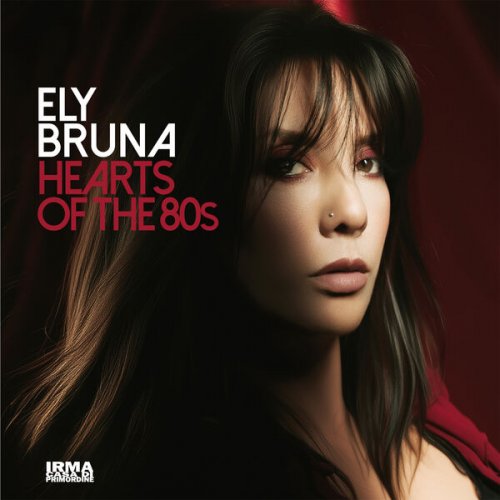The Microscopic Septet - Been Up So Long It Looks Like Down to Me (2017)
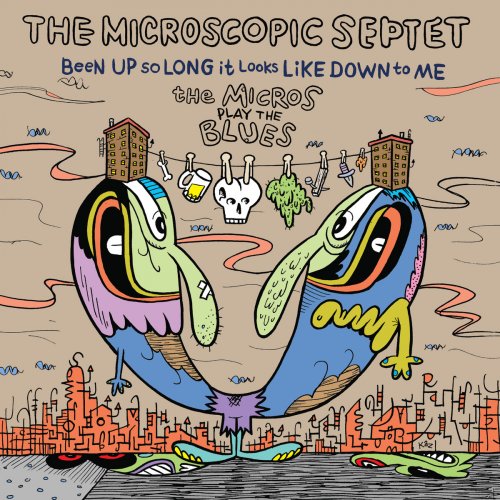
Artist: The Microscopic Septet
Title: Been Up So Long It Looks Like Down to Me
Year Of Release: 2017
Label: Cuneiform Records
Genre: Jazz
Quality: 320 / FLAC (tracks)
Total Time: 62:05 min
Total Size: 148 / 362 MB
WebSite: Album Preview
Tracklist:Title: Been Up So Long It Looks Like Down to Me
Year Of Release: 2017
Label: Cuneiform Records
Genre: Jazz
Quality: 320 / FLAC (tracks)
Total Time: 62:05 min
Total Size: 148 / 362 MB
WebSite: Album Preview
01. Cat Toys 4:33
02. Blues Cubistico 2:47
03. Dark Blue 6:34
04. Don't Mind If I Do 4:04
05. Migraine Blues (for Wendlyn Alter) 4:50
06. PJ in the 60s 6:21
07. When It's Getting Dark 4:34
08. Simple-Minded Blues 5:43
09. After You, Joel 2:28
10. 12 Angry Birds 4:26
11. Quizzical 5:51
12. Silent Night 6:21
13. I've Got a Right to Cry 3:16
14. When It's Getting Dark 0:17
Since its inception, the Microscopic Septet has endeavored to uphold co-founder Phillip Johnston's motto to "break all the rules and respect all the saints." Coming out of New York's internecine jazz wars of the early 1980s, with avant-gardists and traditionalists each denying the other side's legitimacy, the Micros tried to bridge the divide: showing that respect for the jazz tradition could be combined with a healthy spirit of irreverence and risk-taking. That approach thankfully remains in effect today, as the veteran ensemble plies its trade with an album's worth of slightly off-kilter, blues-based material.
With the exception of relative newcomer Mike Hashim, who joined the group when it re-formed after a sixteen-year hiatus in 2006, all the personnel from the group's early years (including both Johnston and the band's other co-founder, Joel Forrester) are present, and their collective experience and well-honed rapport make for a highly engaging exploration of the blues tradition. Given the potential pitfalls of cliché and monotony, the idea of a mostly-blues record might at first sound limiting, but the Micros bring their trademark idiosyncratic playfulness to these thirteen cuts, giving them a fresh and distinctive feel. As usual, Forrester and Johnston split the composition duties, with each doing the honors for six of the tracks; the remaining tune, "I've Got a Right to Cry," is a cover of a hit by 1940s/50s R&B singer Joe Liggins, and it's sung here wonderfully with semi-serious panache by baritone saxophonist Dave Sewelson.
The key to the recording's success lies in the crafty arrangements, which offer the interesting surprises that keep one wondering what might be coming next. "Cat Toys," the album's opener, is basically your standard 12-bar soul-jazz jam— but with a nifty little coda reminiscent of John Lewis's chord progression in "Django." Hashim's fiery tenor and Richard Dworkin's exuberant drumming channel Coltrane and Ali a la Interstellar Space—for about 30 seconds, that is —at the start of "PJ in the 60s," before the song settles into a more conventional big-band swing arrangement that then stays comfortably in the pocket. The irresistible "When It's Getting Dark" sounds like a madcap sixties- era cop-show theme song slipping gradually out of control. And you'll never experience "Silent Night" the same way after hearing Forrester turn it into a remarkably convincing blues carol. The concise length of the cuts is also a strength: with most of the tracks coming in between four to six minutes, none overstay their welcome.
Plenty of tasty solo moments enliven the record as well, not the least of which are those provided by Sewelson, whose wild-man beard epitomizes the group's devil-may-care ethos. His gutbucket baritone style is perfect for his solo turns on "Blues Cubistico" and "Migraine Blues," and his relentless riff during "When It's Getting Dark" gives the track its hard-driving power. The two co-founders also get some choice solo space on "After You, Joel" which shows they've both still got their chops after many years of playing together. With luck, they'll continue their valuable collaboration long into the future.
With the exception of relative newcomer Mike Hashim, who joined the group when it re-formed after a sixteen-year hiatus in 2006, all the personnel from the group's early years (including both Johnston and the band's other co-founder, Joel Forrester) are present, and their collective experience and well-honed rapport make for a highly engaging exploration of the blues tradition. Given the potential pitfalls of cliché and monotony, the idea of a mostly-blues record might at first sound limiting, but the Micros bring their trademark idiosyncratic playfulness to these thirteen cuts, giving them a fresh and distinctive feel. As usual, Forrester and Johnston split the composition duties, with each doing the honors for six of the tracks; the remaining tune, "I've Got a Right to Cry," is a cover of a hit by 1940s/50s R&B singer Joe Liggins, and it's sung here wonderfully with semi-serious panache by baritone saxophonist Dave Sewelson.
The key to the recording's success lies in the crafty arrangements, which offer the interesting surprises that keep one wondering what might be coming next. "Cat Toys," the album's opener, is basically your standard 12-bar soul-jazz jam— but with a nifty little coda reminiscent of John Lewis's chord progression in "Django." Hashim's fiery tenor and Richard Dworkin's exuberant drumming channel Coltrane and Ali a la Interstellar Space—for about 30 seconds, that is —at the start of "PJ in the 60s," before the song settles into a more conventional big-band swing arrangement that then stays comfortably in the pocket. The irresistible "When It's Getting Dark" sounds like a madcap sixties- era cop-show theme song slipping gradually out of control. And you'll never experience "Silent Night" the same way after hearing Forrester turn it into a remarkably convincing blues carol. The concise length of the cuts is also a strength: with most of the tracks coming in between four to six minutes, none overstay their welcome.
Plenty of tasty solo moments enliven the record as well, not the least of which are those provided by Sewelson, whose wild-man beard epitomizes the group's devil-may-care ethos. His gutbucket baritone style is perfect for his solo turns on "Blues Cubistico" and "Migraine Blues," and his relentless riff during "When It's Getting Dark" gives the track its hard-driving power. The two co-founders also get some choice solo space on "After You, Joel" which shows they've both still got their chops after many years of playing together. With luck, they'll continue their valuable collaboration long into the future.

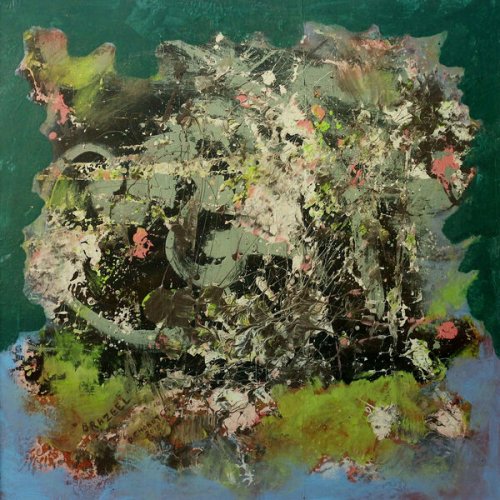
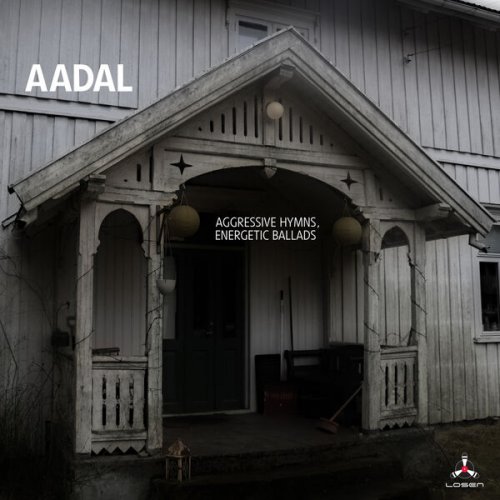
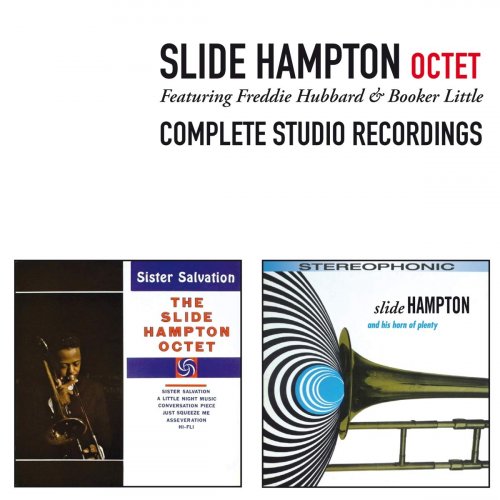
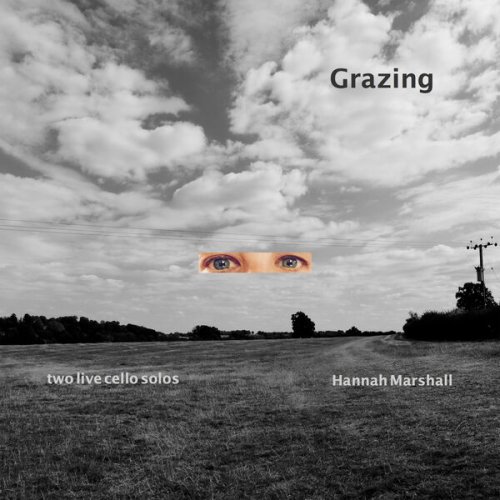

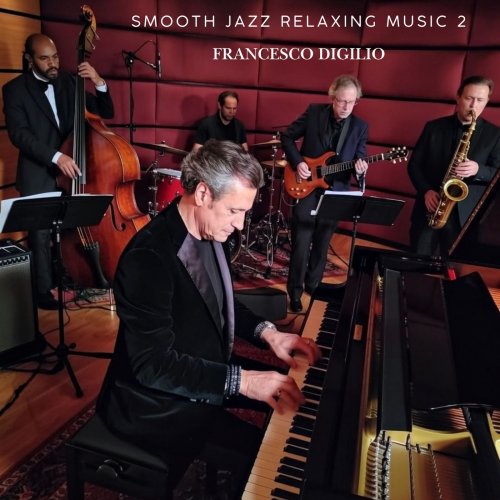
![Stephen Parisi Jr. - Buddy! (2026) [Hi-Res] Stephen Parisi Jr. - Buddy! (2026) [Hi-Res]](https://img.israbox.com/img/2026-02/20/fvrxk8mfalmhx2kjnbwaetofm.jpg)
